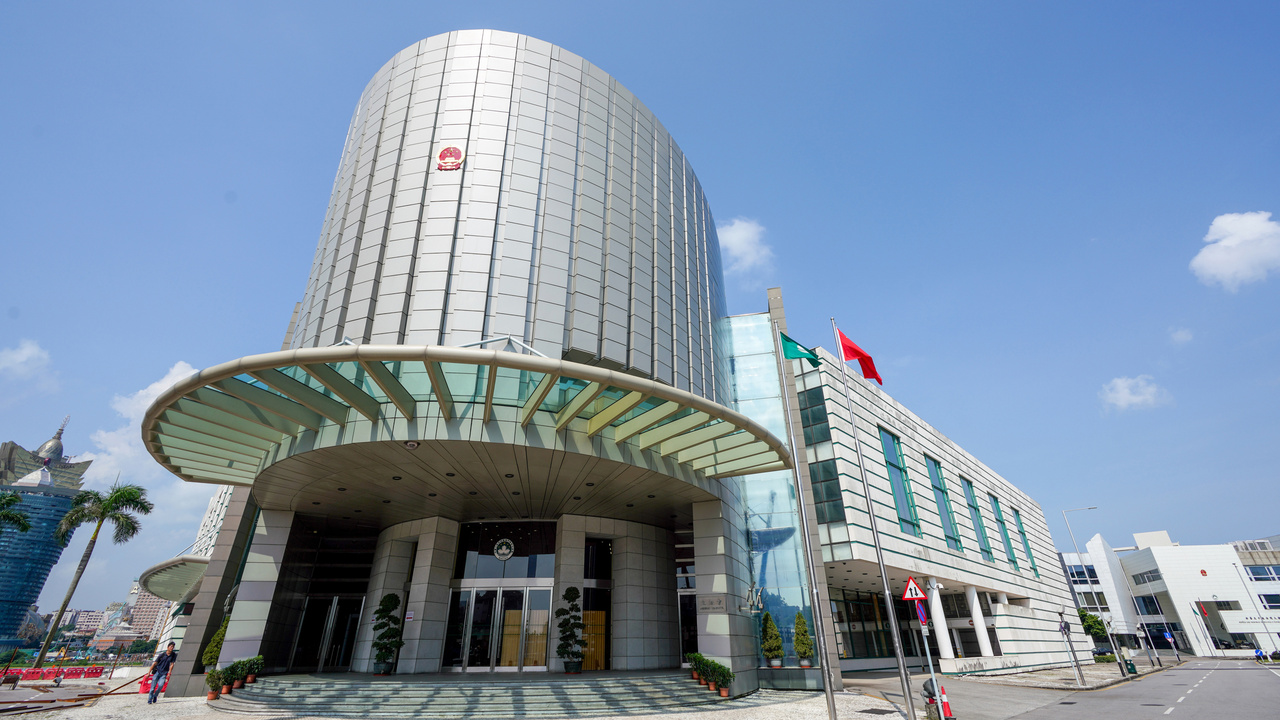Bills drawn up on legislative assembly elections and safeguarding state secrets
With the passage of these two bills, the Macao government aims to considerably strengthen the SAR’s national security apparatus.

The Macao SAR Government is doubling down on its efforts to safeguard national security through the passage of two bills – one aimed at protecting state secrets and another that limits candidacy for the Legislative Assembly to those deemed to be “patriots.”
The state secrets bill has been sent to the legislature for a vote and, if it passes, will come into effect on 6 January.
Under the new law, the Chief Executive’s power will be expanded, allowing them to determine the type of information that can be defined as secret, as well as the duration and terms under which such information remains classified.
It also specifies eight categories of state secrets, including strategic decisions made by the SAR government.
[See more: Lawmakers approve amendments to the national security law]
An outline of a bill to amend the Legislative Assembly Election Law was meanwhile passed unanimously yesterday. The new law recommends seven criteria to assess whether a potential candidate is upholding the Basic Law and demonstrating sufficient loyalty to the Macao SAR.
During the introduction of the amendment, Secretary for Administration and Justice André Cheong stated that the government had received feedback on the reforms from the public through consultation sessions held from 15 June to 29 July.
The purpose of the amended law, he mentioned, was to guarantee the principle of “patriots governing Macao.” The law also stipulates that anyone found publicly inciting voters to cast blank or invalid votes will be punished by up to three years’ of imprisonment. Moreover, those who refuse to declare their loyalty to the Macao SAR will not be eligible to take part in the election.
Following the 2019 Hong Kong protests, Macao has broadened its national security laws extensively. In his 2024 Policy Address, Chief Executive Ho Iat Seng noted that one of the major pillars of his administration would be strengthening public and national security.
—With reporting by Kenny Fong